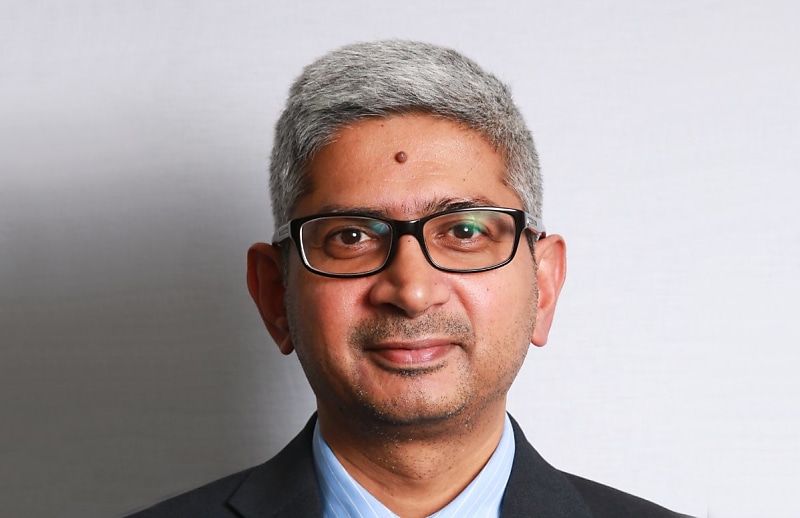When you ask children what they want to be when they are older, they might say actor, artist or astronaut. They’re unlikely to say accountant. They’re even less likely to say auditor. But policymakers, industry and educators should be aspiring to put the profession on the next generation’s wish list.
As we celebrate another Auditor Proud Day, it’s important to reflect on the qualities that lead to the special recognition of the audit profession and its future. Exponential economic growth, diversification, increasing globalisation and upheaval from corporate failures have all changed the face of audit forever.
The attributes that make a good auditor have expanded and the profession is now facing huge challenges. But it has also increased the importance of audit, making it a more exciting and rewarding career that contributes to the future of the environment and society more broadly.
The licence to audit does not come easily. There are standard requirements for appropriate qualifications and training. Of course, most professions require these competencies. But the skills that make auditors truly special are behavioural. Auditors need an ever-questioning mindset, professional scepticism, courage and independence from the client, both actual and perceived.
At the same time, auditors operate within a highly regulated environment. This is critical because the primary product of the auditor — the auditor’s report, including the auditor’s opinion — is relied upon by a broad audience that the auditor does not know and has no real engagement with.
Forward-looking estimates are an inherent feature of today’s “historical” financial statements. This requires the auditor to cast their vision ahead and assess the judgement exercised.
The much-valued auditor’s report has become more nuanced, providing deeper insights into the audit journey through key audit matter disclosures.
Changes in auditing
The auditor’s report is evolving and so are market expectations for the audit profession.
First, technology is playing an ever-increasing role in modern-day audits.
The transformation that technology is bringing to the audit process cannot be overstated. Audit efficiencies are being achieved through the increased use of data analytics and visualisation tools. By harnessing the power of machine and artificial intelligence to “slice and dice” audit evidence, the human element of the audit process can focus on critical higher-level skills.
This requires judgement and scepticism, interpretation and analysis. Cloud-based audit technologies will facilitate real-time collaboration, allowing audit teams across borders to come together to seamlessly participate in the audit process.
Inevitably, efficiencies in the audit process driven by technology should translate into something that is much sought after by markets and regulators alike: a high-quality audit.
The increasing use of technology foreshadows another transformative possibility in a shift from periodic reporting to more frequent communication between auditors and their stakeholders. Real-time updates on the current status and future prospects of an audit client may become possible.
Another major change is the shift in market and regulatory expectations about what defines corporate success. A healthy bottom line is no longer the sole indicator. Investors and stakeholders now want to see this critical information presented against the backdrop of climate-related and other sustainability practices expected from a good global corporate citizen.
Changing technology, markets and regulatory demands are leading to an expansion of the skill sets needed by those within the audit profession.
It is inevitable that the enhanced credibility auditors provide through assurance on financial disclosures will be expected from non-financial disclosures relating to corporate performance around climate and other sustainability practices.
All this has led to the audit profession becoming a super-specialisation within the accounting domain. While this makes auditors highly sought-after professionals, the increasing demands are reflected in a net reduction in the number of registered auditors over the last decade or so. Add to this the need for auditors to embrace technology as part of the audit process and to expand their competencies to accommodate the assessment and verification of non-financial information, and the challenges facing the profession become clear.
The next steps
The solution rests not just with the accounting and auditing profession, but with government policymakers too. In the short term, we need to attract qualified accountants from overseas, including auditors. Long-term policies will also need to focus on attracting and retaining talent in the audit profession. We need a focus on education and training that both nurtures digital skills and provides the knowledge and experience necessary to undertake audits of climate and sustainability-related information.
Regulators and standard-setters have an important part to play. They have a duty to improve corporate law and lift auditing standards to offset the effects of too few people joining the audit profession. Digital financial reporting is one example. Australia is one of the few remaining countries within the G20 that does not have a mandatory digital financial reporting regime.
While challenges exist, so do opportunities. The expanding scope of audit should attract aspirant auditors with an interest in technology and environmental, social and governance practices. Achieving a sustainable world is not just the mainstay of climate scientists and environmental activists; auditors have a part to play, too.
We need to ensure this message reaches the next generation. Accountants make a huge contribution to society. The next time we ask a young person to name their future career plans, “auditor” should be on their wish list.
Ram Subramanian is senior manager audit and assurance at CPA Australia.

 Login
Login






